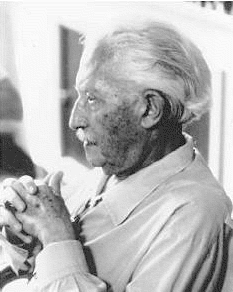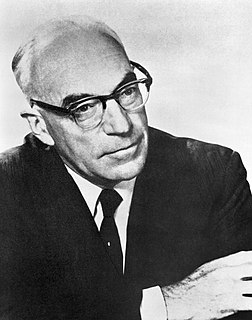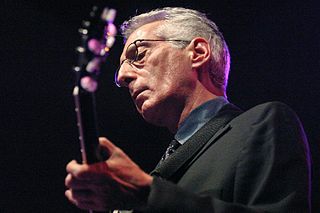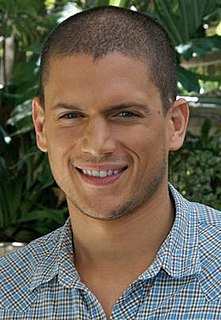A Quote by Erik Erikson
The sense of identity provides the ability to experience one's self as something that has continuity and sameness, and to act accordingly.
Quote Topics
Related Quotes
I've realized that a lot of people come to me because of what's called identity. In the sense of "he's like me" - more like identification. Identity is one of those nonsense words: it's been used so much it doesn't mean anything. As individuals, we don't want to stay the same; identity means sameness, and we don't want to be the same, we want to keep changing, we want to grow, we want to become something else. We want to evolve. So when people come to me, it's about resonance - it goes back to that word.
As an improviser you need to experience the moment- and that includes everything in the moment. Observe the people around you-the bandleader, the bartender-what they wear, how they deal with people, the simple continuity of their presence. As you do that you'll see how you affect them , and you'll play and act accordingly. You need to study the reality of the moment, and that is very rarely about studying modes and intervals.
All over the world today people have a very strong desire to find a sense of identity, and at the same time that's coupled with the rise of absolutely absurd wars that relate to ethnic identity. Perhaps there is something deeply ingrained in people that relates to a sense of belonging, and without that, identity doesn't seem as real as it should.
Why would one's identity be a matter of feelings? I think that that's a misuse of terms, philosophically. Identity is mind independent. It's something that is objective, regardless of how you feel. So, the term gender identity seems to me to be something of an oxymoron. It's not really about one's identity. It's rather a matter of one's self-perception or one's feelings about oneself.
The idea that somehow "no self, no problem"- I don't exist because I don't have a self- would be a mistaken understanding. However, the selflessness teaching is not that hard to understand. What it means is a type of self that people feel they have, like a fixed, unchanging identity. Either they know they have it, or for some, they feel they need to seek it, and possibly have an experience where they feel like they found something. That type of fixed, unchanging, essential self, or absolute self doesn't exist. That's what "no self" means.
I have a perhaps naive point of view informed by my own kind of snowflake-in-the-unique-sense rather than the political sense, personal story. I mean I feel like my experiences are so hard to map onto any kind of generalized identity. For example, I'm a black person, but I come from a very particular black experience which is not unlike the experience of the Barack Obama. I have an African mother and a white father and I feel like I have a different experience of being a black person as a result of that identity than someone who is from the descendants of slaves.
In addition to self-awareness, imagination and conscience, it is the fourth human endowment - independent will - that really makes effective self-management possible. It is the ability to make decisions and choices and to act in accordance with them. It is the ability to act rather than to be acted upon, to proactively carry out the program we have developed through the other three endowments. Empowerment comes from learning how to use this great endowment in the decisions we make every day.






































